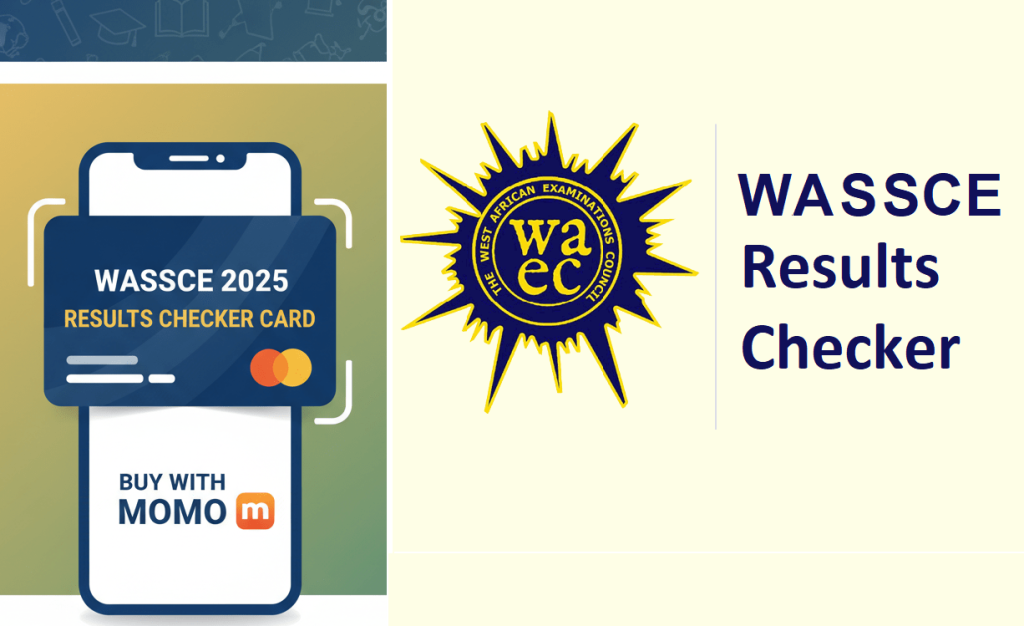How to Study Effectively for an Exam that Requires Critical Thinking and Application
When it comes to exams that test critical thinking and application skills, the traditional approach of memorizing facts and figures won’t cut it. These types of exams require you to analyze situations, solve problems, and apply knowledge to real-life scenarios, which can be challenging if you’re not adequately prepared. So, how do you prepare effectively for such exams? This comprehensive guide will walk you through practical strategies to help you ace exams that demand more than rote learning.
1. Understand the Nature of the Exam
Before diving into study materials, take the time to understand what the exam is all about. Read the syllabus thoroughly, and if you have access to past questions or practice papers, analyze them. Look for patterns in the questions:
- Are they scenario-based?
- Do they require evaluating options and choosing the best solution?
- Do they test your ability to synthesize information from multiple sources?
Understanding the structure and expectations of the exam will give you clarity on how to tailor your study approach.
2. Adopt an Active Learning Approach
Critical thinking and application exams demand active engagement with the material. This means going beyond simply reading or highlighting text. Some effective active learning techniques include:
- Summarizing: After reading a chapter, try summarizing the main points in your own words. This helps reinforce your understanding.
- Questioning: Constantly ask “why,” “how,” and “what if” as you study. For example, if you’re learning about a historical event, ask why it happened, how it affected the world, and what might have happened if circumstances were different.
- Explaining: Teach the material to someone else, or even to yourself out loud. If you can explain it clearly, you’ve understood it well.
3. Strengthen Your Foundation
Exams that test application skills often assume you have a solid grasp of the basics. If your foundational knowledge is shaky, it will be difficult to apply concepts in complex scenarios. Start by revising core principles and ensure you can recall them effortlessly. For example:
- In math or science, review formulas and their derivations.
- In literature, revisit key themes, character traits, and plot points.
- In business studies, understand fundamental theories and their practical implications.
This foundational knowledge will serve as the building blocks for more advanced, application-based learning.
4. Use Real-Life Examples to Connect the Dots
Abstract concepts often make more sense when tied to real-world examples. When studying, think of how a principle applies in real life. For example:
- If you’re studying biology, relate the concepts to how your own body functions.
- If you’re learning about economic theories, apply them to current market trends.
This not only makes the material more relatable but also enhances your ability to recall and apply it during the exam.
5. Practice Problem-Solving Daily
Practice is critical for exams focused on application. Solve problems, case studies, or scenarios that mimic the type of questions you’ll face in the exam. Here’s how to make the most of your practice:
- Start Small: Begin with simpler problems to build your confidence.
- Increase Complexity Gradually: Move on to more challenging questions as you improve.
- Simulate Exam Conditions: Time yourself and avoid distractions to replicate the pressure of the actual exam.
Review your answers carefully, paying close attention to any mistakes. Understanding why you got something wrong is as important as knowing what the correct answer is.
6. Develop Critical Thinking Skills
Critical thinking is not an innate skill—it can be cultivated with practice. Here are some exercises to sharpen your critical thinking abilities:
- Analyze Case Studies: Read real-world case studies related to your subject and identify the problems, stakeholders, and possible solutions.
- Debate Issues: Engage in discussions or debates with peers to see different perspectives on a topic.
- Mind Mapping: Create mind maps to explore connections between ideas and concepts.
By consistently challenging yourself to think deeply, you’ll build the analytical mindset needed for success.
7. Break Down Complex Problems
When faced with a difficult question, don’t let it overwhelm you. Break it into smaller, manageable parts:
- Identify what the question is asking.
- Separate known facts from unknowns.
- Formulate a plan or approach to solve the problem.
This systematic approach reduces anxiety and makes tackling complex questions easier.
8. Incorporate Group Study Sessions
Collaborative learning can be incredibly effective for critical thinking exams. Studying with peers allows you to:
- Exchange ideas and perspectives.
- Challenge each other with thought-provoking questions.
- Solve problems together, learning from each other’s strengths.
However, ensure the group stays focused and productive. Limit distractions and set clear goals for each session.
9. Embrace Active Reading Techniques
When studying from textbooks, don’t passively read page after page. Instead, adopt active reading strategies like:
- Skimming: Identify the main ideas by reading headings, subheadings, and summaries.
- Annotating: Write notes in the margins to capture key insights or questions.
- Highlighting with Purpose: Use different colors to mark definitions, examples, and critical points.
Active reading ensures you retain more information and understand the material on a deeper level.
10. Use Visual Aids for Complex Concepts
Sometimes, visualizing information can make it easier to understand and remember. Use tools like:
- Diagrams: Draw charts, graphs, or flowcharts to represent processes or relationships.
- Flashcards: Create flashcards for quick reviews of definitions, formulas, or key ideas.
- Videos: Watch educational videos or tutorials that explain tough concepts visually.
These tools can be particularly helpful for subjects like science, math, or geography.
11. Practice Writing Thoughtful Answers
Exams that test critical thinking often require well-structured answers. Practice writing responses to past questions or hypothetical scenarios. Focus on:
- Clarity: Be concise and avoid unnecessary jargon.
- Logic: Present arguments or solutions in a clear, step-by-step manner.
- Evidence: Support your answers with relevant examples or data.
If possible, ask a teacher or peer to review your answers and provide feedback.
12. Balance Studying with Rest
Your brain needs time to process and consolidate information, so don’t underestimate the importance of rest. Incorporate breaks into your study schedule using techniques like the Pomodoro Technique (25 minutes of focused study followed by a 5-minute break).
Additionally:
- Get 7-8 hours of sleep every night.
- Avoid cramming the night before the exam.
- Engage in light physical activity to boost blood flow to the brain.
A well-rested mind is more alert, focused, and capable of critical thinking.
13. Stay Curious and Open-Minded
Critical thinking thrives on curiosity and a willingness to explore new ideas. Cultivate a mindset that questions assumptions and seeks deeper understanding. Instead of accepting information at face value, ask:
- What evidence supports this?
- Are there alternative explanations?
- How does this relate to what I already know?
READ: 20 Effective Tips to PASS WASSCE and BECE and Avoid Common Mistakes
This approach trains your brain to think analytically and creatively, both of which are crucial for application-based exams.
14. Seek Feedback and Guidance
Don’t hesitate to ask for help if you’re struggling with certain topics or concepts. Teachers, mentors, and even peers can provide valuable insights. Additionally:
- Join forums or study groups related to your subject.
- Attend review sessions or workshops if available.
- Take advantage of online resources like tutorials or practice quizzes.
Constructive feedback will help you refine your understanding and approach.
15. Stay Positive and Confident
Finally, believe in your ability to succeed. Exams that require critical thinking and application can feel daunting, but a positive mindset can make all the difference. Replace thoughts like “I can’t do this” with “I’ll give this my best shot.”
Use affirmations, visualize your success, and remind yourself of how much you’ve already learned. Confidence comes from preparation, so trust the work you’ve put in.
Studying for an exam that demands critical thinking and application skills is undoubtedly challenging, but with the right strategies, you can approach it with confidence and clarity. Start by understanding the exam format, building a solid foundation, and actively engaging with the material. Use real-life examples, practice problem-solving, and develop your critical thinking skills to prepare for complex scenarios. Balance your study time with rest, seek guidance when needed, and always maintain a positive attitude.
Remember, the goal isn’t just to pass the exam but to truly understand and apply what you’ve learned. With consistent effort and the strategies outlined above, you’ll be well-equipped to tackle any critical thinking or application-based exam that comes your way.
How did you master this “How to Study Effectively for an Exam that Requires Critical Thinking/Application”?
Good luck, and happy studying!








Leave a Reply